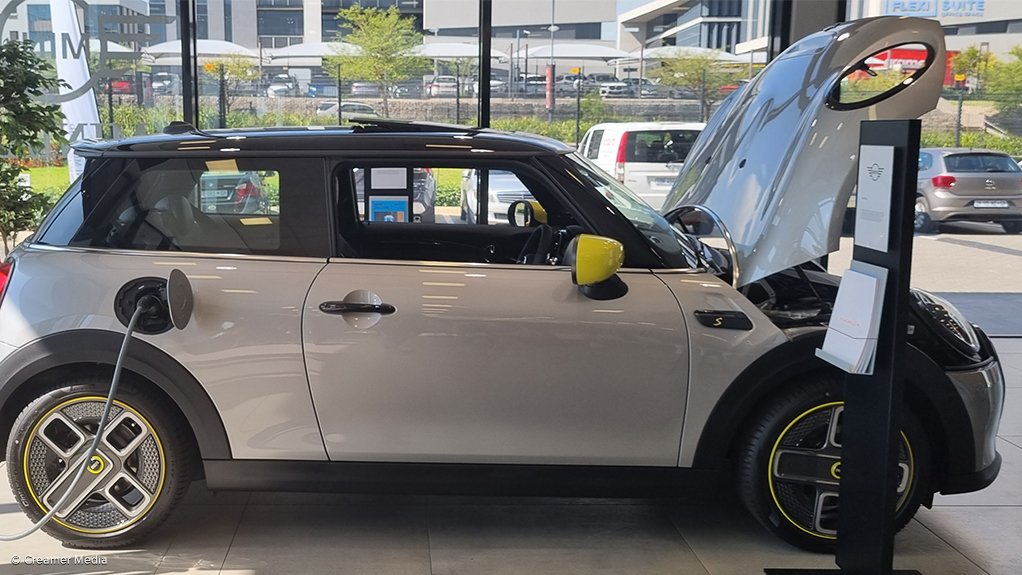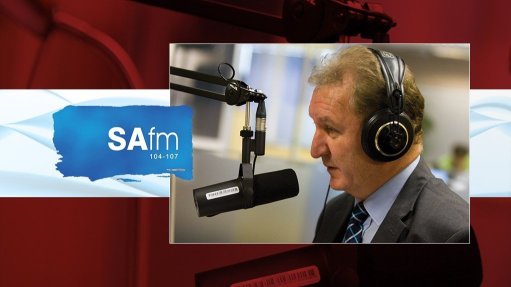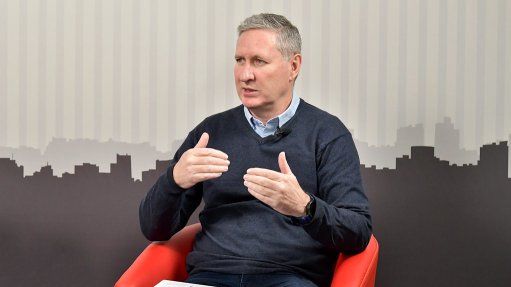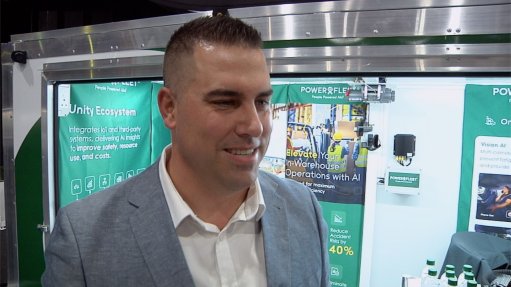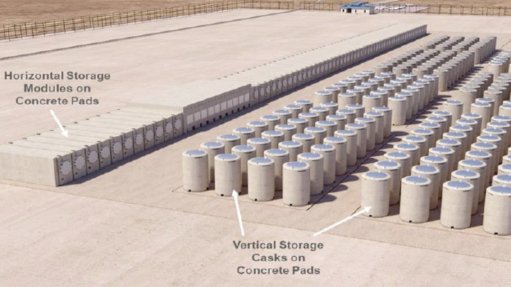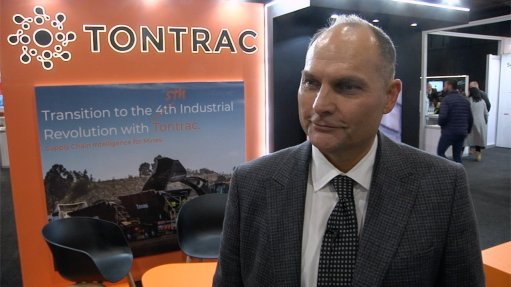Youth foundation sets out to bolster EV production, maintenance skills in industry critical to South Africa
The International Youth Foundation (IYF) South Africa has released a Competency Framework for the Electric Vehicle (EV) Industry in South Africa, which serves to help education institutions bridge the knowledge and skills gap in the automotive industry and improve the competencies needed for the growing EV industry.
Particularly, South African students lack skills related to producing and maintaining EVs – which most stakeholders in the automotive industry agree is the vehicle of the future.
Through its High Gear initiative launched in 2020, the IYF is leading work on supporting South Africa’s technical and vocational education and training (TVET) colleges to align themselves with critical industry requirements and ensure young people can transition into the workplace.
The research to produce the competency framework was funded by the British High Commission in Pretoria, with head of economic growth at the commission, Rebecca Tron, saying it will help unlock capital growth opportunities between the two countries.
She explains that, through productive, inclusive and sustainable skills development, TVETs can support a green revolution in South Africa, which the UK has been supporting in various shapes and forms, including through the Just Energy Transition Partnership.
IYF country director Anusha Naicker says EV adoption is being driven by the need to decarbonise globally. She believes a transition to EVs in South Africa holds immense social, economic and environmental benefits; however, not before knowledge and skills are "up to date".
Naicker says specialised engineering skills, among others, will help propel the country to global competitiveness in the EV space.
High Gear programme director Khalil Patel explains that the framework unpacks competencies such as EV system engineering, design and manufacturing processes, renewable energy and battery structure operation, quality and standardisation, EV maintenance, EV charging infrastructure, cognitive and personal effectiveness competencies and green supply chain and logistics competencies.
Through a combination of qualitative and quantitative research methods, the report highlights competency deficiencies in the EV industry in South Africa, including on diagnostic skills, equipment and engine repair, troubleshooting skills and system design, among others.
The competency framework provides an opportunity to enhance the transport-related skills and knowledge within the TVET college system and curriculum, to align with industry requirements and empower lecturers to help students enter this dynamic workplace.
The framework contains 43 competency skills sets cited by industry stakeholders as needed for producing EVS, including those related to EV manufacturing specifically, such as software engineering, mechatronic engineering, robotic technology and artificial intelligence, as well as workplace skills such as problem-solving, critical thinking, predictive analysis and communication.
“We aim, through this report, to provide constructive solutions and recommendations. We believe the framework presented in this report can go a long way in addressing the knowledge and skill gaps in the EV industry,” Patel states.
The research partners, including Ngawethu Consulting, recommend continued engagement between all stakeholders – TVET management, the Department of Higher Education and Training and manufacturers – for collective interventions.
Commenting on the desired outcomes of the report, Patel says the partners to the research hope TVET college students can now receive relevant education and training to cover production and innovation in the EV industry.
“It will provide students and lecturers with a comprehensive understanding of EV manufacturing, operation and maintenance, which is crucial to the growth of the industry and economic growth. It will also ensure that students and lecturers of TVET colleges are aware of new technological developments in the industry.”
The competency framework will also ensure the proliferation of soft skills requirements, such as interpersonal and critical thinking skills.
Government has a central role to play in this process, Patel states, explaining that government must develop a comprehensive strategy that supports the development of EVs in South Africa, including by providing incentives for investors in the EV industry, development of infrastructure that supports adoption – such as battery recycling facilities. Government can also help ensure there is enough funding at TVET colleges to ensure updating of courses and provide the necessary equipment for training.
Moreover, industry players can work with TVET colleges to ensure the training provided aligns with the needs of the industry; this could involve guest speakers at the colleges or workshops and internships.
“It will require a collective effort from all stakeholders to ensure that this framework is implemented successfully and that TVET colleges are equipped to deliver the necessary training.
“The government and industry partners have a significant role to play in this process, and it is essential that they work closely together to ensure that the EV industry in South Africa can realize its full potential,” Patel states.
INDUSTRY VIEW
National Association of Automotive Components and Allied Manufacturing (Naacam), another key partner to the Competency Framework, says as a major contributor to the country’s gross domestic product, it is important that the automotive components manufacturing industry ensures ongoing competitiveness in the sector.
CEO Renai Moothilal says the association’s partnership with High Gear has been one of its flagship partnerships, as Naacam looks to influence the skills development landscape regarding EVs, which will undoubtedly contribute to the automotive component sector’s ongoing competitiveness.
He adds that the shortage of appropriate technical skills in the automotive sector manifests in a number of ways. Component companies operate in a highly competitive global value chain, and therefore require frequent new investment in production techniques, for example.
There are about 200 component suppliers in the country, dominated by multinationals that already have significant capabilities and capacities. However, it is up to South African domestic manufacturers to leverage what it can from those companies, but also do more to grow opportunities for new entrants in the market.
“We have been talking about an EV environment that ‘seems to be rising’ in South Africa, but many stakeholders are unaware of the companies headquartered in South Africa that are already exporting into global EV platforms.
“For example, the Ford F150, which is among the best-selling pickup models in the US, requires a particular component that is exclusively produced in South Africa.”
Moothilal says the question is, therefore, how does the country get access to more of those opportunities by leveraging skills and knowledge. “These new technical skills will be critical to unlock opportunities for localisation and developing new competencies to keep pace with original-equipment-manufacturing-led design developments.”
He further notes that component manufacturers have traditionally had to manage their skills independently. However, this has resulted in expensive, smaller-scale interventions, which would struggle to create a critical mass in the skills pipeline.
Additionally, he points out that skills taught at TVET colleges are sometimes too generic and not geared specifically towards automotive component requirements. Industry is often of the view that TVET colleges are inconsistent in their offerings to augment curriculum developments.
“Hence our partnership with High Gear to help develop dynamic technical skills training environments for young people,” Moothilal states.
Moreover, from a consumer and production perspective, there is a clear signal that technical automotive skills requirements will continuously change. For South Africa to remain relevant in automotive value chains, Moothilal highlights, the sector needs to ensure that skills development activities are maintained and keep pace with changing industry needs.
Comments
Press Office
Announcements
What's On
Subscribe to improve your user experience...
Option 1 (equivalent of R125 a month):
Receive a weekly copy of Creamer Media's Engineering News & Mining Weekly magazine
(print copy for those in South Africa and e-magazine for those outside of South Africa)
Receive daily email newsletters
Access to full search results
Access archive of magazine back copies
Access to Projects in Progress
Access to ONE Research Report of your choice in PDF format
Option 2 (equivalent of R375 a month):
All benefits from Option 1
PLUS
Access to Creamer Media's Research Channel Africa for ALL Research Reports, in PDF format, on various industrial and mining sectors
including Electricity; Water; Energy Transition; Hydrogen; Roads, Rail and Ports; Coal; Gold; Platinum; Battery Metals; etc.
Already a subscriber?
Forgotten your password?
Receive weekly copy of Creamer Media's Engineering News & Mining Weekly magazine (print copy for those in South Africa and e-magazine for those outside of South Africa)
➕
Recieve daily email newsletters
➕
Access to full search results
➕
Access archive of magazine back copies
➕
Access to Projects in Progress
➕
Access to ONE Research Report of your choice in PDF format
RESEARCH CHANNEL AFRICA
R4500 (equivalent of R375 a month)
SUBSCRIBEAll benefits from Option 1
➕
Access to Creamer Media's Research Channel Africa for ALL Research Reports on various industrial and mining sectors, in PDF format, including on:
Electricity
➕
Water
➕
Energy Transition
➕
Hydrogen
➕
Roads, Rail and Ports
➕
Coal
➕
Gold
➕
Platinum
➕
Battery Metals
➕
etc.
Receive all benefits from Option 1 or Option 2 delivered to numerous people at your company
➕
Multiple User names and Passwords for simultaneous log-ins
➕
Intranet integration access to all in your organisation



